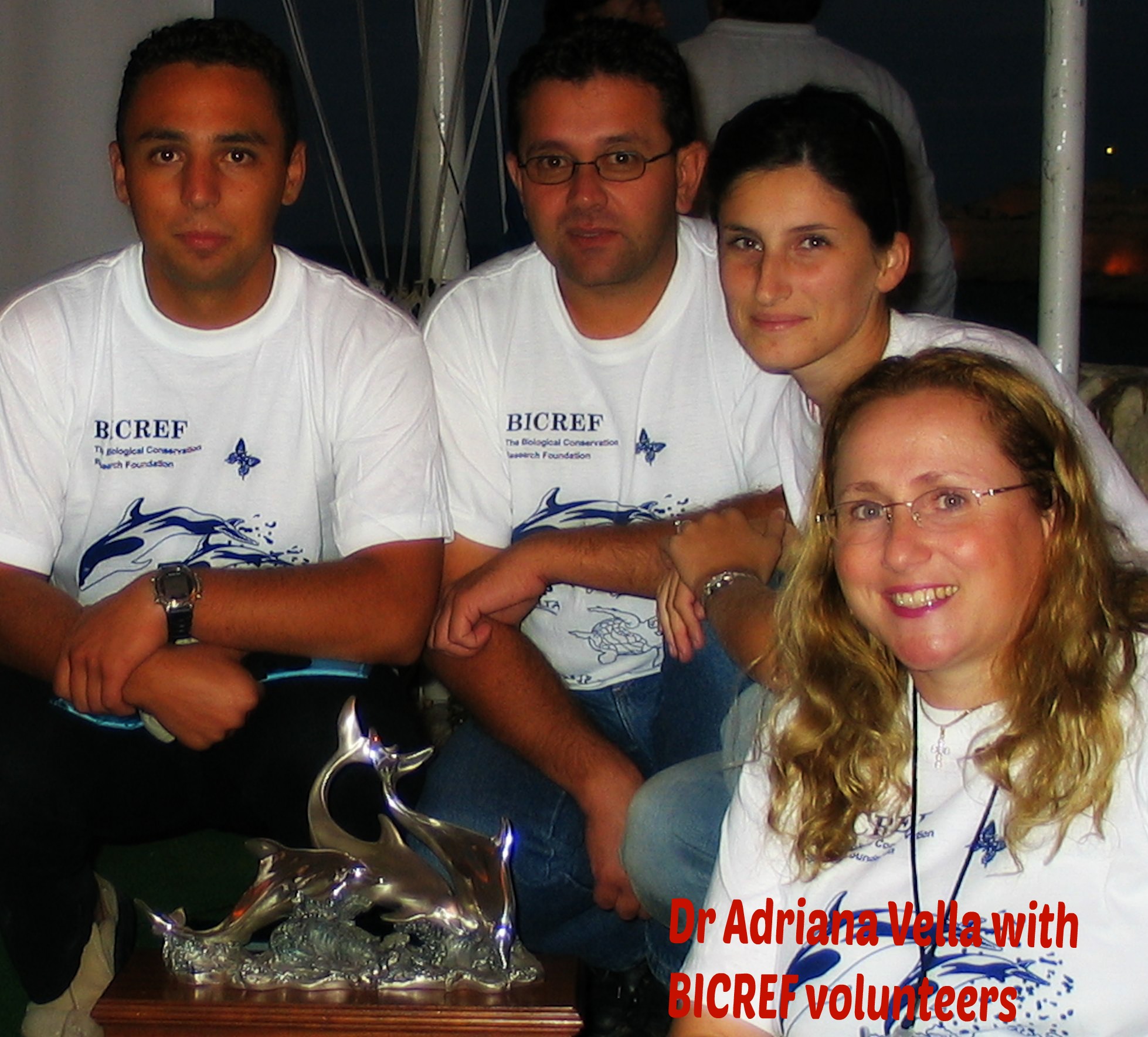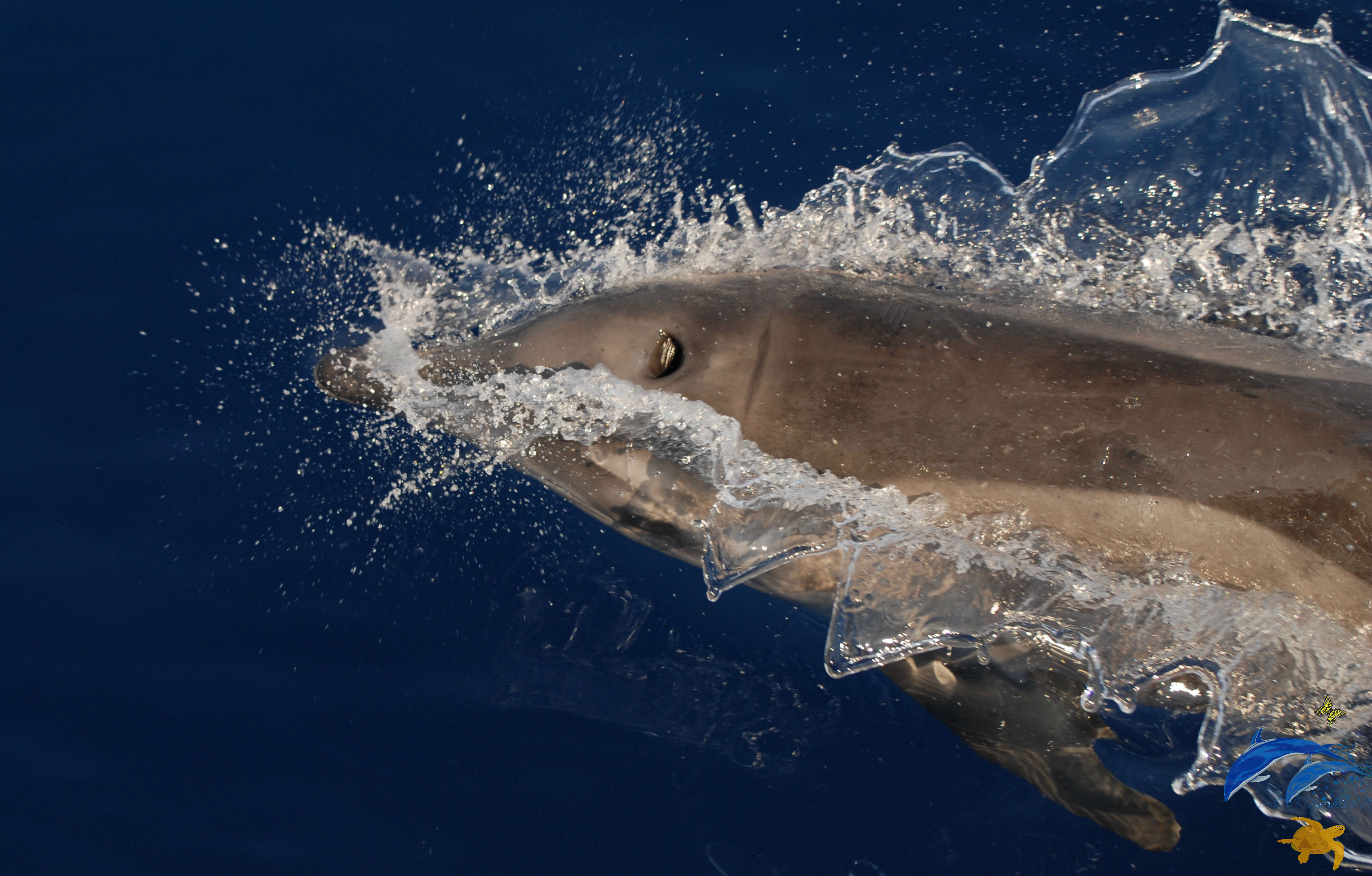Discovering Biodiversity through fieldwork and awareness
Contribution by Katrina Scicluna
in Times of Malta, 26th September 2010
There are millions of different species on earth, yet many of these are becoming extinct. To protect this biodiversity, we have to conserve effectively by taking the needs of these species and ecosystems into consideration.
The Biological Conservation Research Foundation (Bicref), a non-governmental organisation, has focused its attention on these needs, especially with regard to the marine ecosystem around the Maltese archipelago.
The International Convention of Biological Diversity defines biodiversity as “the variability among living organisms from all sources including, inter alia, terrestrial, marine and other aquatic ecosystems and the ecological complexes of which they are part; this includes diversity within species, between species and of ecosystems”.
The loss of biodiversity is being caused mainly by loss of habitat due to greater urbanisation.
However, there are many other causes of animal and plant population declines. In Malta, this is a major problem as our population density is very high, so even our coasts are over-exploited in various ways, such as pollution, overfishing, disturbance, changing marine conditions due to climate change, and diseases.
One of the first steps for conservation is the study of a species by regularly observing and recording data about the species concerned. Many local species are legally protected but little will be achieved if we do not know how to prevent them becoming extinct.
Species found only in Malta are called endemic species and are therefore more important for conservation. But apart from endemic species that may be localised easily on land and thus protected immediately, as in the case of the Maltese freshwater crab, it is equally important to safeguard creatures that are localised in a larger area in our sea, such as common dolphins, that have been found to be endangered.
Bicref has supported vital research and help create awareness of the need for the protection of dolphins and other marine species, including blue fin tuna, which is being depleted rapidly in the Mediterranean due to excessive purse seine fishing.
 Bicref aims to safeguard this and other aspects of Malta’s biodiversity. It was founded by Adriana Vella, a bio-conservation specialist, after launching the Maltese Cetacean Research project in 1996, which attracted many volunteers to join in ongoing conservation research efforts.
Bicref aims to safeguard this and other aspects of Malta’s biodiversity. It was founded by Adriana Vella, a bio-conservation specialist, after launching the Maltese Cetacean Research project in 1996, which attracted many volunteers to join in ongoing conservation research efforts.
Since then, a number of projects were launched to involve more volunteers.
Volunteers, assisted by the public, have joined in these long-term projects, which are still ongoing.
As a contributor to the Bicref work towards learning about and safeguarding Maltese biodiversity, I have gained new educational experience and satisfaction in conserving nature, but the most precious lesson is how very important biodiversity really is to us all.
The goods and services which life offers us are endless and taken for granted every day. From producers of clean air, clean water, absorption of carbon dioxide and production of fertile soils and food to bountiful seas that fascinate tourists and satisfy fishermen’s efforts out at sea.
More specifically, what struck me in my observations underwater and above water were the intricate inter-relationships between species and their dependence on their physical surroundings. Sandy or rocky seabeds were home to different creatures, all adapted to live in those specific conditions.
Different flora welcomed different fauna to take advantage of relationships that have often taken a very long time to establish. A smaller number of species would decrease the stability of the ecosystem concerned, a weakness we cannot afford to have with changing environmental conditions.
The incredible images and information on local biodiversity Bicref managed to make available to the public through its informative features over the years and its documentary Waves of Life, have impressed me deeply. Now I appreciate this voluntary work even more, especially when I realize how difficult and time-consuming it is to undertake dedicated research in a constantly changing environment and with minimal funds.
There is a lot of work to do, I invite more entities to give their financial support to dedicated environmental organizations that could provide valuable knowledge and support to environmental management and planning. In this year dedicated to biodiversity conservation it is relevant to think about this too.
For more information about Bicref visit www.bicref.org or e-mail bicref@gmail.com.

